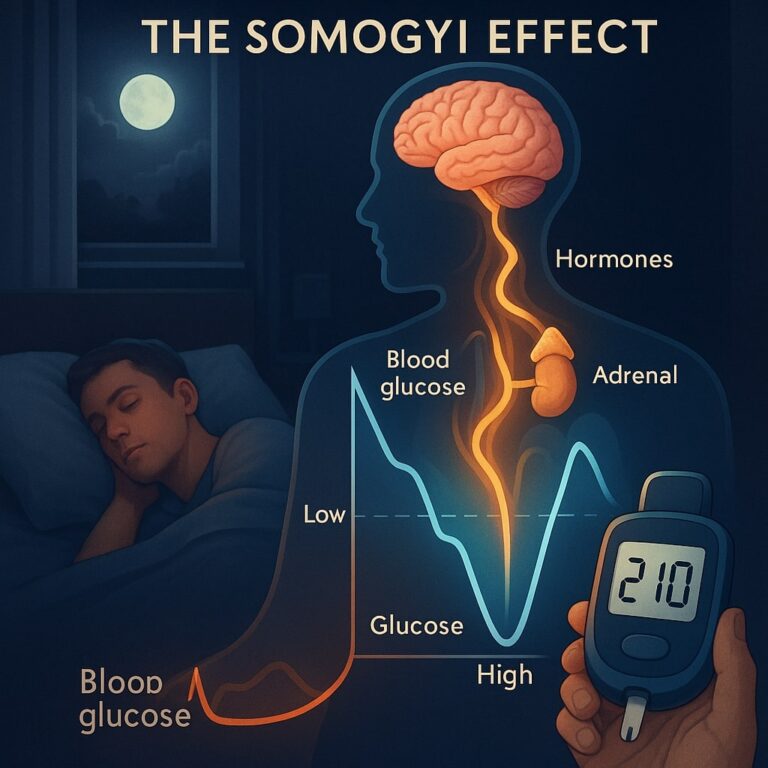Tips to Reduce Diabetic Neuropathy and Improve Sleep
Diabetic neuropathy can impact various aspects of a patient’s life. Apart from the numbness and tingling that are common symptoms of neuropathy, the associated loss of reflexes and persistent pain and cramping can make it very difficult to get through the day. In some instances, pain and discomfort brought on by diabetic neuropathy are severe enough to cause disruption to sleep patterns. Furthermore, decreasing the overall quality of sleep. There are various treatment options to consider involving medication and traditional therapies. However, making a few lifestyle changes can also help improve your sleep considerably.
Try to limit your stress
Stress and neuropathy often go hand in hand with both being able to cause significant anguish. You can improve your chances of getting a decent night’s sleep despite your neuropathic pain. There are numerous techniques worth trying that may have a very positive impact on both your stress levels and your pain. Counseling can be very effective especially when combined with other, more holistic therapies. Meditation has been proven to be particularly beneficial as it can increase the number of endorphins the brain releases. Endorphins are natural pain relievers that can also help combat anxiety and stress. Stress can be reduced further by spending time with loved ones and partaking in enjoyable activities.
Reduce Nerve Compression During the Day
Exercise is an important component of a healthy lifestyle. However, excessive physical activity can result in the compression of the leg nerves, increasing neuropathic pain. Diabetes patients who experience severe nighttime neuropathic pain can alleviate some of the pain by limiting the amount of walking done during the day. Make sure you have a comfortable place to sit during the day. There are a large variety of couch styles worth considering, allowing you to sit back and stretch out your legs. These couches will take some pressure off your nerves. Some popular choices include sofa recliners, chaise lounges, and divan sofas.
Change Your Sleeping Position
The National Sleep Foundation offers guidelines in which they recommend adults should get between seven and nine hours of sleep a night. Unfortunately this becomes very difficult when you are in constant pain. When you are lying down, your body weight may put pressure on your nerves in a different manner then when you are sitting down or standing up. This can result in increased pain and discomfort when you are trying to sleep. Studies have found that by changing your sleeping position you can ease your pain considerably. Extending the spine has been found to decompress the nerves that are responsible for sensation in the legs and feet. Other commonly recommended positions to sleep in include lying on the back with a fluffed-up pillow under the knees and even lying on your side with a pillow tucked between your knees.
Diabetic neuropathy can wreak havoc with a patient’s sleeping patterns. Thankfully, there are a number of things that can be done to help ease the pain and discomfort and enjoy better quality sleep.







